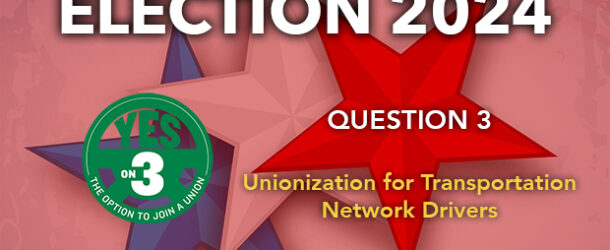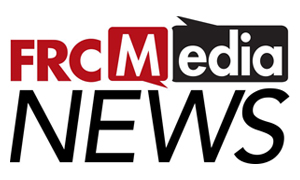FRCMedia is conducting interviews with those in favor and opposed to the five ballot questions in this year’s State Election. Today we focus on Question 3, which would allow transportation network drivers to unionize.
Drivers for app-based transportation networks such as Uber and Lyft have complained that they have little to no recourse to seek better wages and working conditions. The passage of Question 3 would grant these workers the ability to form a union to negotiate for a better work environment.
United for Justice is asking voters to approve Question 3. Batania Gonell has been working for Uber and Lyft for nearly ten years. She has two children and has seen her hours rise from 40 hours a week to 70 to 75 hours for the same pay. She says ride-share companies do not pay drivers at the same percentage as in the past.
Ms. Gonell says the cost of gasoline, regular car maintenance, and insurance have risen in recent years, further straining how much drivers can earn.
Uber and Lyft have decided not to wage a campaign against Question 3, which would make Massachusetts the first state in the nation to allow unionization of ride-share drivers.
Opponents of Question 3 point to a recent agreement between the ride-share companies and State Attorney General Andrea Campbell that mandates drivers be paid a minimum of $32.50 per hour. But United for Justice spokesperson Mike Vartabedian says that the mandate does not ensure all drivers will be paid the same.










Comments are closed.